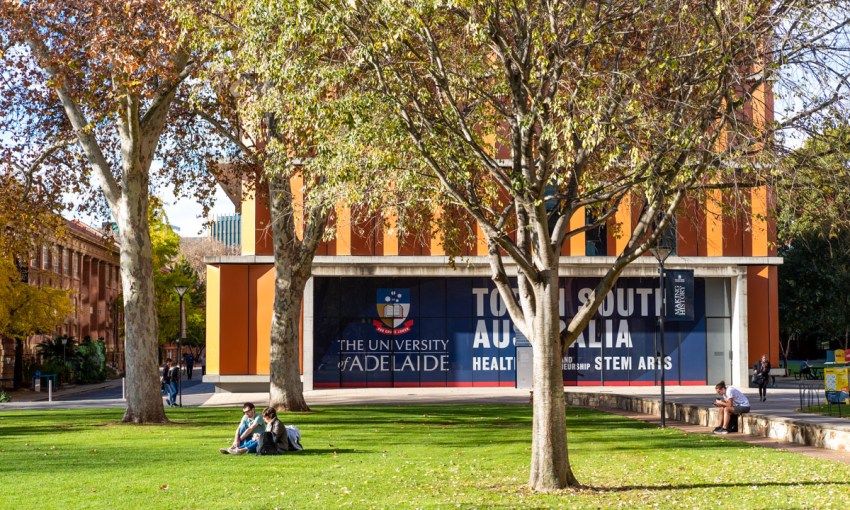A City of Adelaide administration official says prior to COVID-19 more than a quarter of the city’s resident population were university students, and the fact international students haven't returned is "the biggest risk" to the city's economy.
The biggest threat facing the city is a lack of international students
At a committee meeting at Town Hall last week, the City of Adelaide’s associate director of property and commercial, Tom McCready, warned councillors of a growing economic threat facing the city.
“The biggest risk and the biggest threat to the city at the minute is in regards to the overseas rental market, because naturally, those tenants can’t come back into the country,” he said.
“The residential forecast for 2030 – noting this was done prior to COVID – was 43,994.
“When we do the next survey we will know what that means, noting that the residential [number], through tenancies and through students, has actually decreased.”
CityMag caught up with Tom and the author of the latest city and economic insights report, principal economy advisor Leandro Lopez Digon, at bustling café Part Time Lover to better understand those comments and the long-term effect of international student absenteeism in postcode 5000.
Tom is now more measured in his opinion, saying the lack of international students is not the biggest threat but is “one” risk. But he does say a large percentage of international students rent private accommodation.
Because many of these students aren’t here and have been locked out of Australia, their properties are paid-up, full of belongings, but empty of human activity.
“They have tenancies which are vacant [but have] their belongings,” he says.
“To be fair to the parents or to the students, they probably continue to rent those facilities in the hope that borders would open up, but there is a finite life to lease agreements. They’re normally done on an annual basis and the reality is they might be coming to a close.”
The most recent ABS data collected in 2016 revealed 5,967 City of Adelaide residents were attending university, which represents 27 per cent of the city’s total population.
But now, due to national border closures spurred on by COVID-19, some of these students are denied access to Australia.
Leandro says this will have a long-term effect on the economy and universities.
“Student commencement is dropping at the moment because of COVID,” he explains.
Because these students have not commenced their studies, Leandro says, they are therefore not locked into the city for the duration of their degree.
“Students that are not starting today are not going to be here for four years,” he says.
Tom says universities are not the only businesses impacted.
“The economy, whilst it took a hit, is coming back,” he says. “But… places like restaurants and hospitality, which students will frequent… [are] the ones that are recovering at a slower rate.”
Adelaide does currently have some international students, and Leandro emphasises the council has not forgotten about them. The organisation has been working with State Government department StudyAdelaide to ensure they’re happy.
This is not a totally selfless act, though. Leandro says the council hopes the students who are already here “are the ones that are going to promote the city once they go back to their countries.”
Ruth Chiang is a second-year medical student at the University of Adelaide who moved here from Singapore. She tells CityMag she hasn’t necessarily been endorsing Adelaide as a place to live to her friends back home.
“I wouldn’t say I’ve been recommending it,” she says.
“Before I came here and I asked people who are here already how it was, a lot of people say that it’s really boring, there’s nothing to do,” she says.
“But for me… I just feel like whenever you go to a different place, it really depends on the people instead of just the things that you can do. And also [it] helps if you have a car because then you can travel out.”
Ruth started her studies in Adelaide in late-February 2020, right before the coronavirus flexed its nasty fingers. This means she can’t compare her experience living in Adelaide during COVID-19 to pre-pandemic times.
She is very aware, though, that South Australia is doing quite well compared to her hometown.
“People have to wear masks. They’re working from home. You can’t go out in groups of more than x amount of people. It feels really restrictive,” Ruth says.
“I’m happy to be here.”




